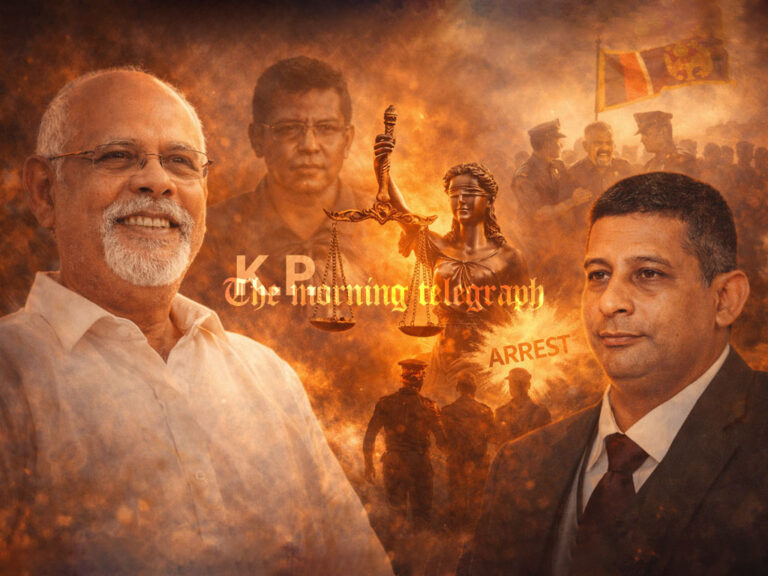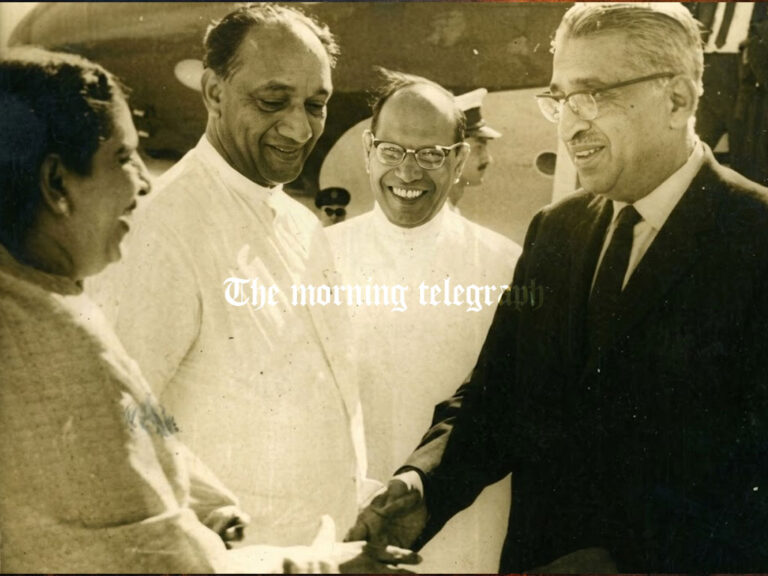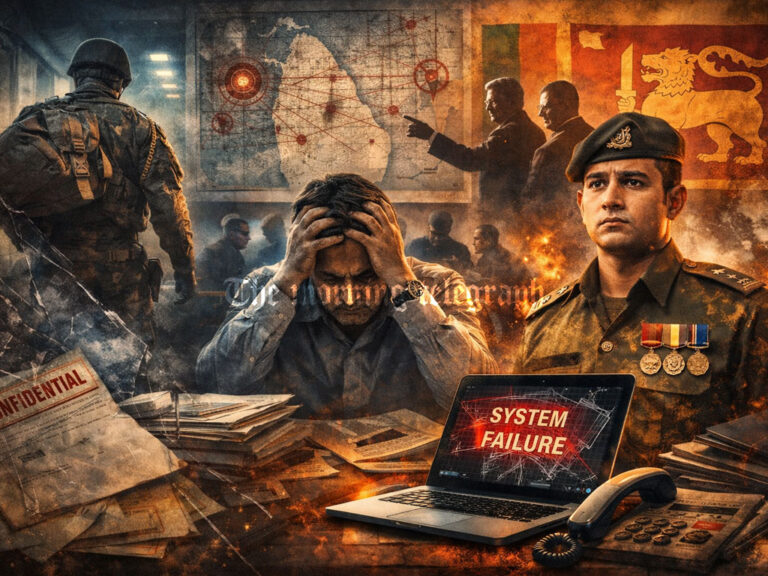
By Callistus Davy
Police and paramilitary forces in Rome have taken up positions, installing anti-drone weapon systems and deploying snipers ahead of the funeral of Pope Francis, who passed away on Easter Monday at the age of 88.
Known as the “People’s Pope” for his humility and deep compassion for the marginalized and suffering, Pope Francis will be laid to rest on Saturday in a solemn and simple ceremony expected to be attended by world leaders, including U.S. President Donald Trump and First Lady Melania.
Vatican officials estimated that approximately 50,000 people paid their respects to Pope Francis on the first day of his lying in state at St. Peter’s Basilica. Since then, the number has steadily grown, with up to one million mourners expected to witness the final rites of a pontiff who extended the reach of the papacy far beyond the walls of the Eternal City, into the hearts of both Christians and non-Christians.
Born in Buenos Aires, Argentina, as Jorge Mario Bergoglio, Pope Francis rose to global prominence after his election in 2013 as head of the Roman Catholic Church—the oldest and largest religious institution in the world. He broke through the traditional confines of Vatican governance with over 60 overseas visits, endearing himself to people across diverse cultures.
One of his most striking and compassionate gestures occurred in 2023, when he washed and kissed the feet of women prisoners in Italy during the Holy Thursday ritual, which commemorates Jesus Christ’s washing of his disciples’ feet. It was a powerful symbol of humility, inclusion, and service.
Pope Francis further elevated his peace advocacy when he fell at the feet of South Sudanese leaders, pleading with them to end the civil conflict and bloodshed plaguing their nation.
His fierce advocacy for refugees fleeing war and persecution in Africa and the Middle East—many of whom perished trying to cross into Europe—set him apart from numerous Western political leaders and endeared him to the voiceless across the globe.
As the world prepares to bid farewell to one of the most beloved religious leaders of the 21st century, his successor will face a defining question: Did Pope Francis and the Catholic Church go too far in extending a hand to a world desperate for justice—or is there still more to be done?




